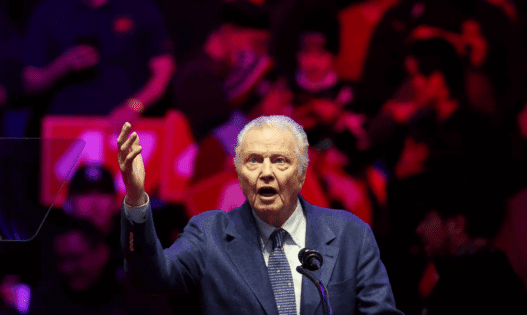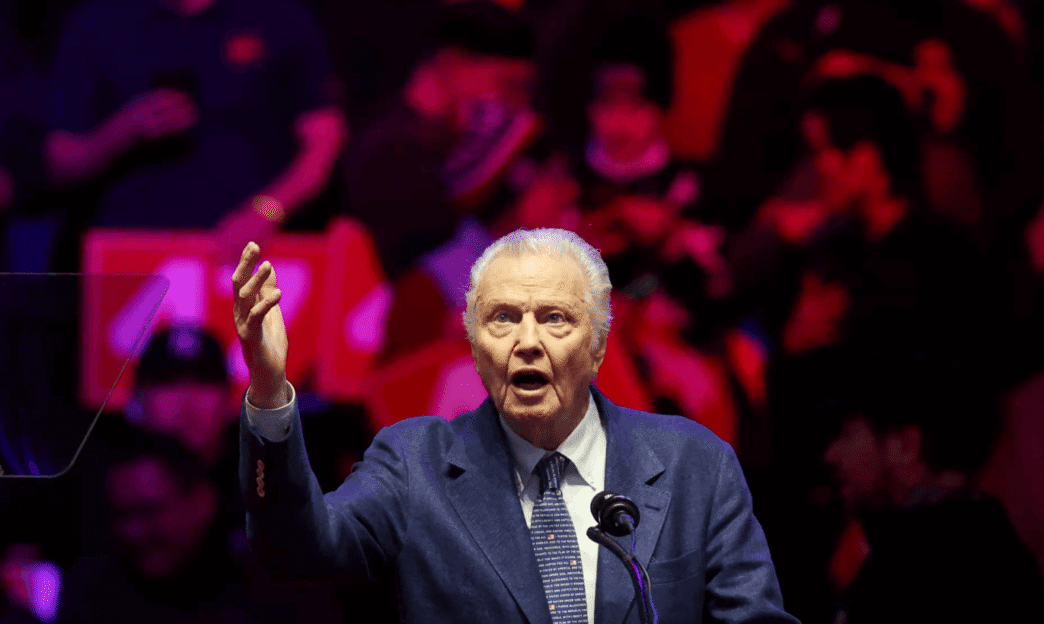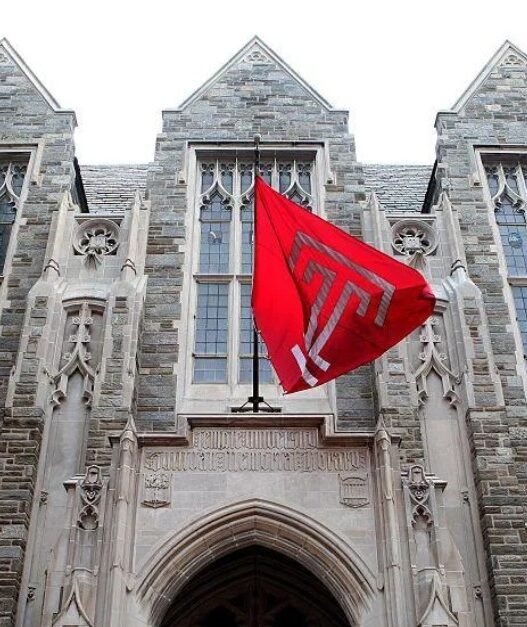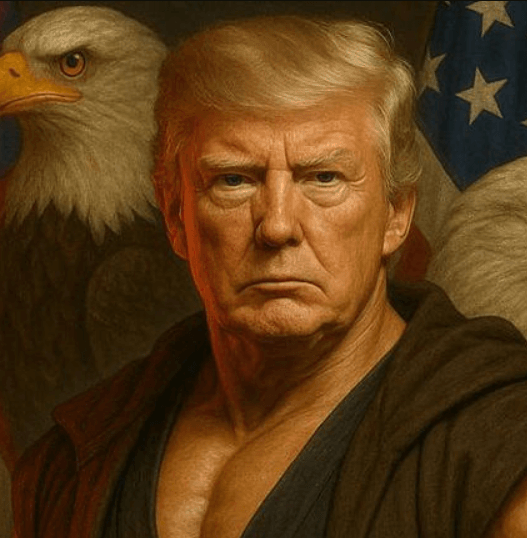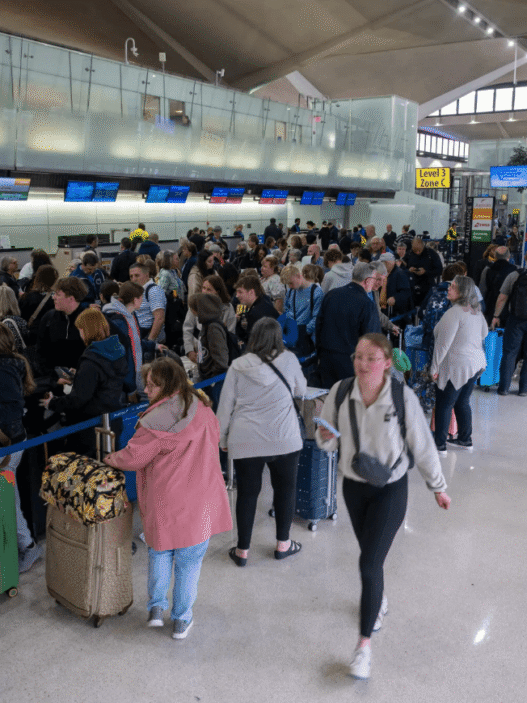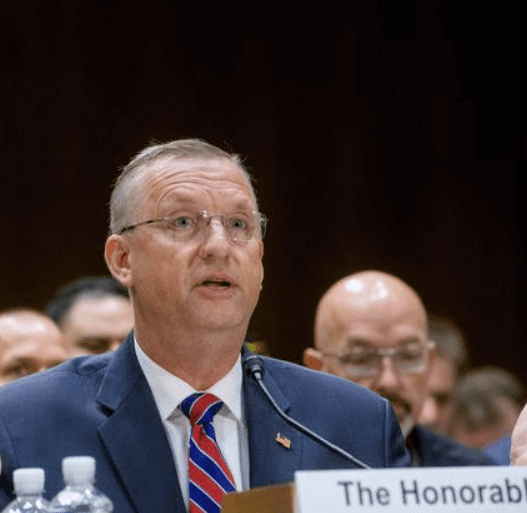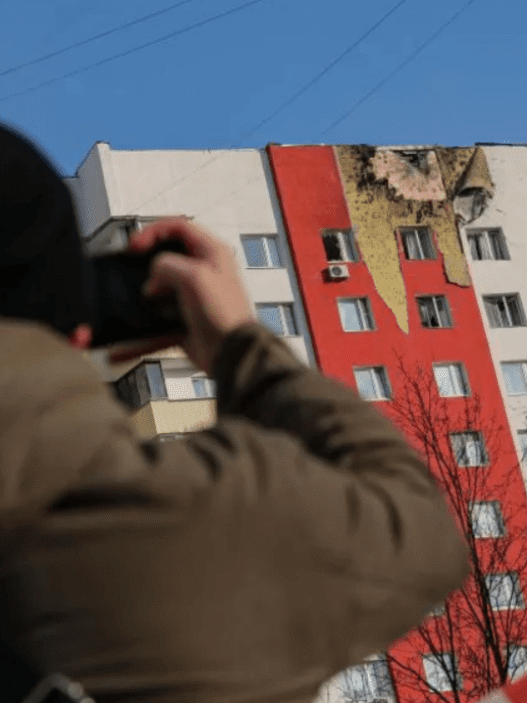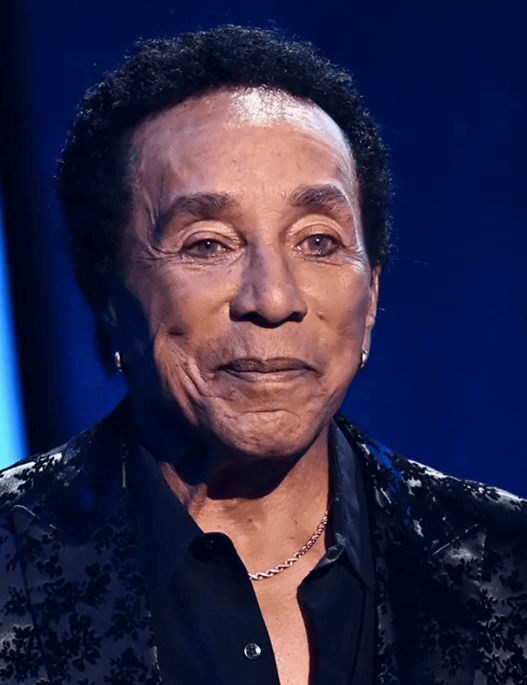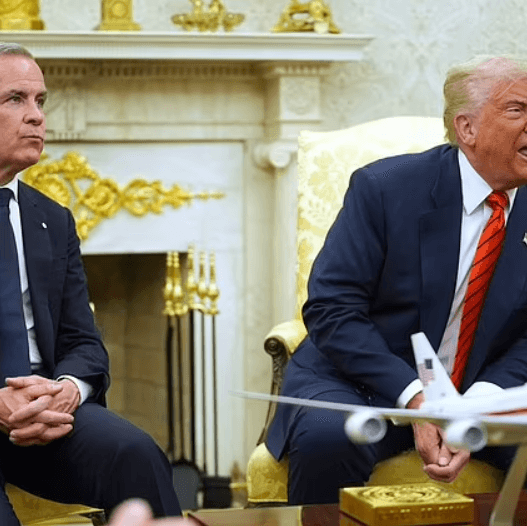Former President Donald Trump has proposed a sweeping 100% tariff on all foreign-produced films, just one day after actor Jon Voight presented him with a plan that recommended tariffs only “in certain limited circumstances.”
Voight, who was named a “special ambassador” to Hollywood by Trump, has spent months consulting with studios, unions, and streamers on how to bring more film and TV productions back to the U.S. His plan emphasized tax incentives, co-production treaties, and infrastructure support, not blanket tariffs.
The contrast between Voight’s nuanced approach and Trump’s dramatic announcement has stirred uncertainty and concern across the global film industry. While the White House later said that “no final decisions” had been made, the proposal already drew international reactions.
Hollywood unions have responded cautiously. SAG-AFTRA expressed general support for efforts to boost U.S. production, while IATSE warned against damaging existing international relationships, especially with Canada.
Foreign governments are now watching closely. Australia’s arts minister, Tony Burke, said the country would “stand up for the rights of the Australian screen industry,” while UK officials began urgent discussions about the potential impact on Britain’s lucrative production sector.
The details of how the proposed tariff would be implemented — and what qualifies as a “foreign” film — remain unclear. For example, Marvel’s Thunderbolts, mostly shot in the U.S. but with some production in Malaysia and a score recorded in London, might still be affected.
FilmLA reports a 40% decline in film production in Los Angeles over the past decade. Trump’s plan appears to be aimed at reversing that trend, though critics argue it fails to address the high domestic production costs that drive studios abroad.
Jon Voight, Mel Gibson, and Sylvester Stallone have all been appointed by Trump as Hollywood “ambassadors,” part of his effort to reshape the entertainment industry.









